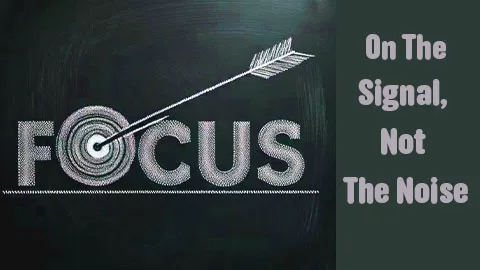
Why You Should Think About White Bears: Exploring the Psychology of Unwanted Thoughts
How to overcome negative thoughts and foster a positive mindset
Have you ever tried to push a thought out of your mind, only to have it come back even stronger? Have you noticed how unwanted things seem to happen more often than what we actually want? This phenomenon is precisely what the White Bear Experiment, conducted by psychologist Daniel Wegner, aimed to understand.
In this experiment, participants are instructed to avoid thinking about a specific topic, such as a white bear, for a set period of time. However, they are also told that if the thought does come to mind, they should acknowledge it and try to let it go.
The study demonstrates that attempts to suppress unwanted thoughts often lead to a rebound effect, where the forbidden thoughts become more frequent and intrusive. This phenomenon occurs because the act of trying to suppress a thought requires cognitive effort and monitoring, making the forbidden thought more accessible in memory. As a result, individuals may find it difficult to control their thoughts, leading to an increase in the frequency and intensity of the suppressed thought.
According to research, the average person has approximately 60,000 thoughts per day. Indeed, managing 60,000 thoughts per day might seem overwhelming, but —energy flows where attention goes. It’s about cultivating awareness and consciously choosing where to invest our mental energy.
Based on this knowledge, here’s my strategy for starting to be a positive thinker and overcoming negative thoughts: When you have a negative thought, immediately remind yourself about this lovely white bear that I crafted for you and smile at it. Don’t fight with it, just replace it with a positive thought. It works for me. Let me know your methods or if you’ll try mine, I’ll be glad to hear from you.



